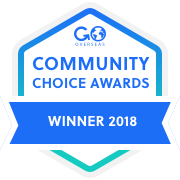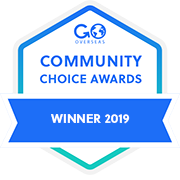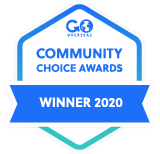ARCC Gap: Central America - Panama, Costa Rica & Belize
- Panama
- Costa Rica
- Belize
About Program
ARCC’s Central America Gap Program explores some of the most intriguing and majestic regions of Central America. Taking advantage of our deep partnerships, we dive into numerous conservation efforts that include protecting nesting sea turtles, learning about sustainability in Costa Rica's famed Cloud Forest, and conducting marine research on the invasive lionfish on the Mesoamerican Barrier Reef. Shadowing doctors in the Bocas del Toro islands off the coast of Panama, we understand the barriers to medical access for remote indigenous communities. Rafting the pristine Pacaure River, the vibrancy of life in the jungle beckons us in the calls of toucans and howler monkeys. Exploring the underwater life of the Mesoamerican Barrier Reef, we gain insights into a world rarely witnessed while getting our SCUBA certifications. After experiencing three of the world’s most fascinating, and beautiful nations, we return to the U.S. with broader perspectives and a newfound passion to learn.
Video and Photos
Diversity & Inclusion
BIPOC Support
ARCC is committed to increasing accessibility for our programs and supporting socioeconomic diversity within our community. ARCC’s Voyagers Scholarship provides up to five scholarship opportunities per semester to students who identify within the BIPOC community. These scholarships can range anywhere from $5,000-$8,000, and also includes gear lending and mentorship support throughout the gap year experience. The Voyagers Scholarship can also be combined with ARCC Financial Aid. If you are interested in applying, please reach out to gap@arccprograms.com.
LGBTQIA+ Support
Neurodivergent Support
During our interview process, we have open communication with students and families about the support ARCC instructors are able to provide students while on program. For students needing some additional support, we ask them to complete a “Plan of Action” with their at home support system. These plans may include additional information about communication/support preferences, coping strategies, and/or specific requirements to encourage the student to engage with the program effectively. Once on the program, our instructors will periodically check in individually with each student, help the student stay accountable to their Plan of Action, and provide general support to all participants.
Accessibility Support
Whenever possible (determined by specific location and program - ie. infrastructure, access to specific health care facilities, dietary options available, etc), we have successfully assisted students with anaphylactic allergies, chronic medical conditions, and other accommodations on programs. We recommend that you reach out with specific concerns to your Gap Director to find the right fit for you.
Impact
Sustainability
Ethical Impact
Program Highlights
- Partner with a Non-Profit Bringing Healthcare to the Indigenous People of the Remote Bocas del Toro Islands
- Study Spanish During a Week-Long Spanish Immersion School
- Surf the Waves on Costa Rica’s Stunning Pacific Coast and Raft the Exhilarating Pacuare River
- Complete your SCUBA Certification and Participate in a Lionfish Eradication in Belize
- Visit Mayan Ruins and Learn more about Mayan Culture with Local Partners



























